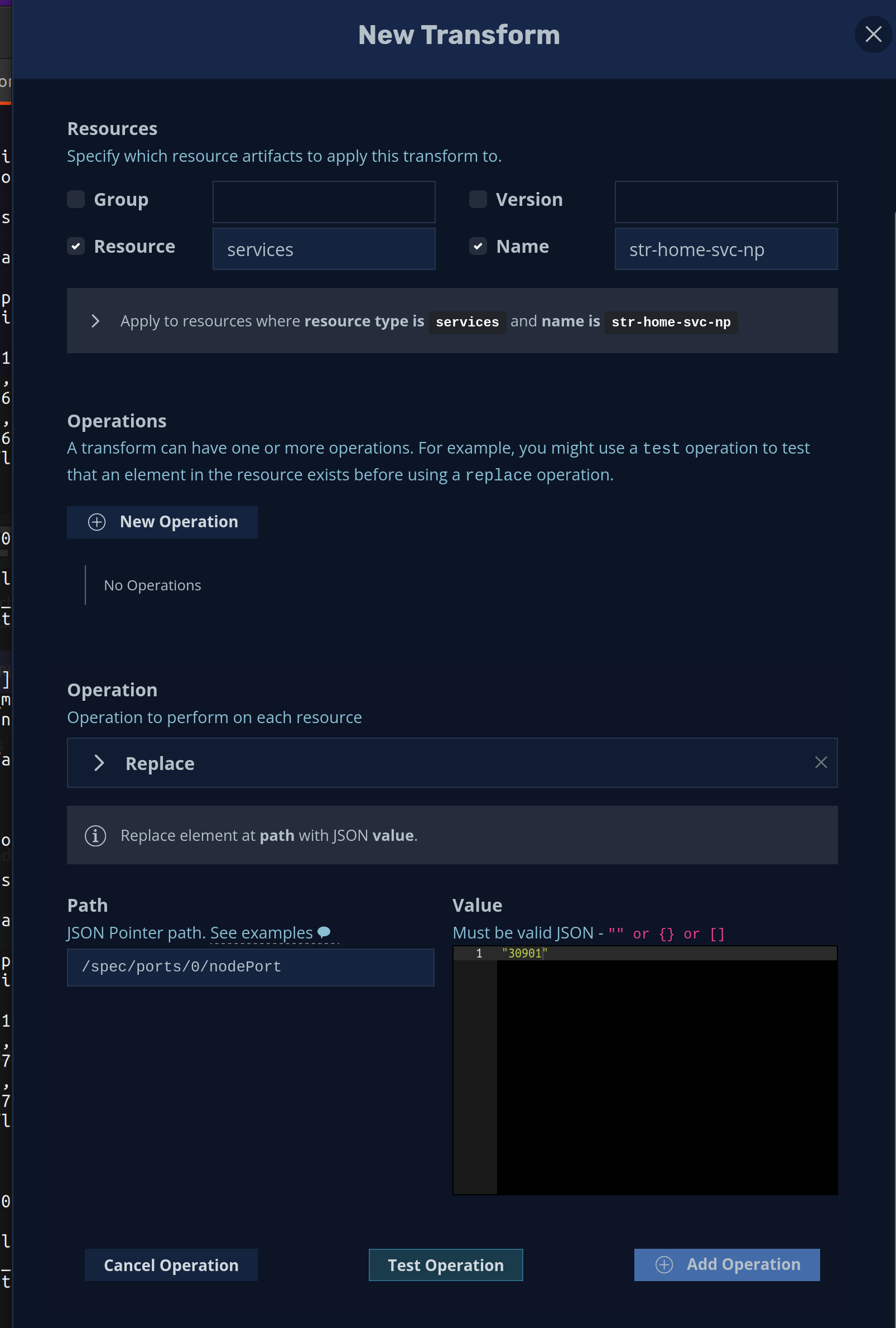Hey all - We’re trialing Kasten as a way to backup our clusters and also to have a ‘hot’ fail-over cluster in certain environments.
Part of this deployment means I have ‘Cluster A’ backup it’s workloads, and ‘Cluster B’ importing them and restoring them to its cluster.
The problem we are seeing is when cluster B imports and restores the workload, all our nodePort services are changing to random ports.
I know I could go add each service ‘manually’ to cluster B to mitigate, but I’d like to avoid this if possible.
I’ve also looked at transforms during import / restore, but I am unable to get the cluster to accept my replacement nodePort.
Is there a way to turn this off this random nodePort generation so that we get a 1 - 1 replication of our workloads?
Cheers!
Kasten changing workload nordport svc on import jobs
Best answer by michael-courcy
At the moment no.
But the fact is that needing to control the value of a nodePort for a lot of workloads is quite uncommon. At least from my experience. And I doubt it scales on the long term because that creates situation where you are expected to define each of your loadbalancers and control the availability of the ports you define.
There is usually two approaches to solve this issue : create a service of type loadBalancer which in turn manage the loadbalancer for you, but this approach means a connector between kubertenes and your load balancer API and are not so easy to implement on premise (even if solution like MetalLB make it easier). The second and more pragmatic approach is to create an ingress controller (backed by a single loadbalancer) and you define ingress in your different namespaces.
Enter your E-mail address. We'll send you an e-mail with instructions to reset your password.


